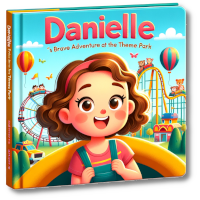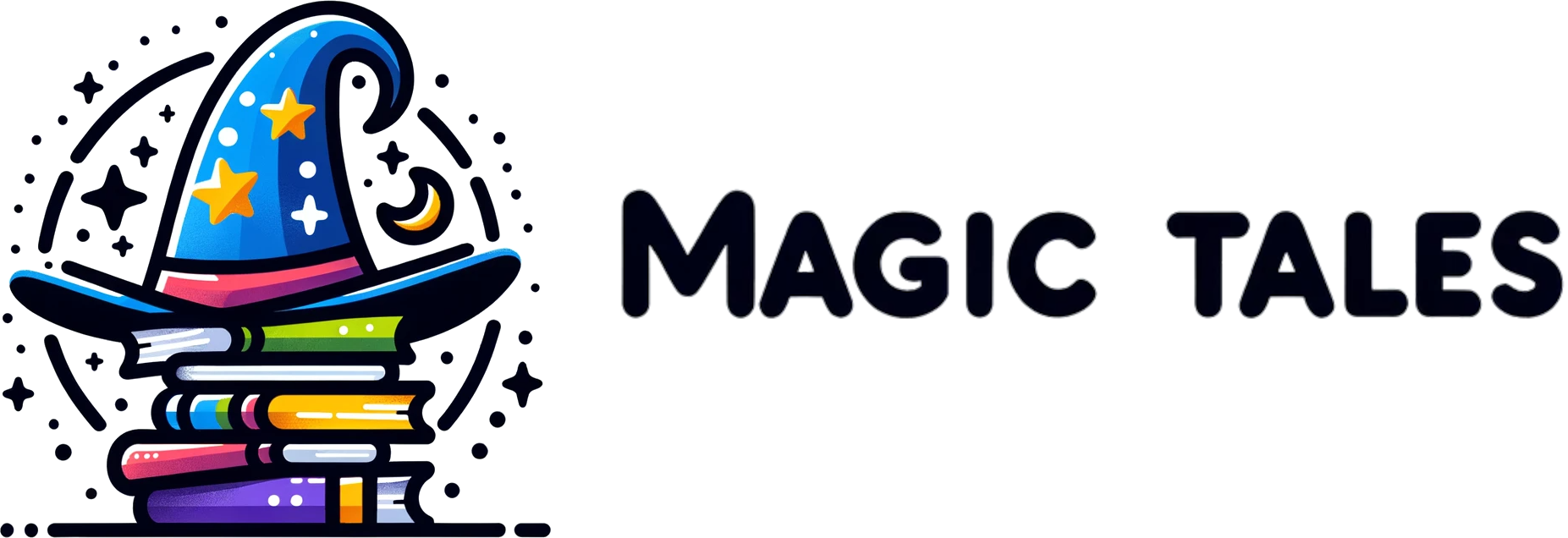Reading with children
a blog by Magic Tales

Nurturing Empathy: The Psychology of Sharing in Children's Literature
Children’s literature has a remarkable ability to shape the minds of young readers, influencing their perception of the world and themselves. One such crucial aspect it often touches upon is the concept of sharing. Sharing is a fundamental social skill that kids often learn through the stories they read. This blog post delves into the intricate psychology of sharing, its representation in children's literature and its profound impact on children.
Children’s literature portrays sharing in a variety of forms. It can be sharing an object, like a toy or a food item. Alternatively, it can also be emotional sharing, such as sharing joy, sorrow, or friendship. Reading stories that focus on this theme helps children understand and accept sharing as a normal part of life. Children's books featuring sharing not only teach the act itself but also cultivates empathy, kindness, and fostering friendships.
Many interesting psychological theories surround the topic of sharing. According to Jean Piaget's theory of cognitive development, sharing is a social skill that children learn as they grow older and begin to understand the concept of fairness. As children read stories about sharing and observe their real-life repercussions, they gradually learn the value of equity. They come to understand that sharing evens out disparities, and that it gives happiness to themselves and to others.
Maria Montessori, an acclaimed Italian physician and educator, proposed that children learn best through experiences and examples. She emphasized the need for 'modeling' behaviors we want children to adopt. In this context, children's literature plays a significant role by representing sharing in positive light. Protagonists in stories often model sharing behavior, which encourages young readers to emulate them.
'The Rainbow Fish' by Marcus Pfister is a prime example of children’s literature that expertly addresses sharing. The protagonist learns to share his unique and stunning scales to bring happiness to his friends. In the end, while he may no longer be the most beautiful fish, he is certainly the happiest. This book reinforces the notion that sharing does not lead to loss but adds joy and camaraderie.
Similarly, 'Llama Llama Time to Share' by Anna Dewdney is another book that promotes the sharing concept. It underscores how sharing doesn’t always come naturally and that it’s okay to struggle with it. However, the resolution comes when Llama learns that sharing can make playtimes more fun.
Unquestionably, children's literature holds a big responsibility and power. By incorporating themes like sharing, it facilitates crucial social skills development and promotes healthier young minds. Furthermore, through repetition and practice, these actions can become second nature, refining the emotional intelligence of children. The joy of reading and the lessons learned through it will guide children in forming nourishing relationships and becoming kinder, empathic individuals.
It's not just a story. It's a lesson for life.
Want a personalized book to read with your child about Sharing?
Takes as quickly as 30 seconds to create
Create a book about Sharing

